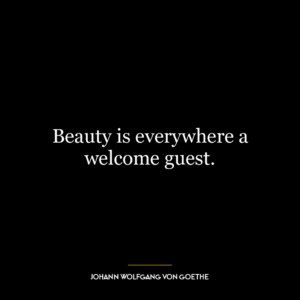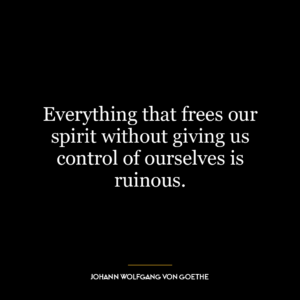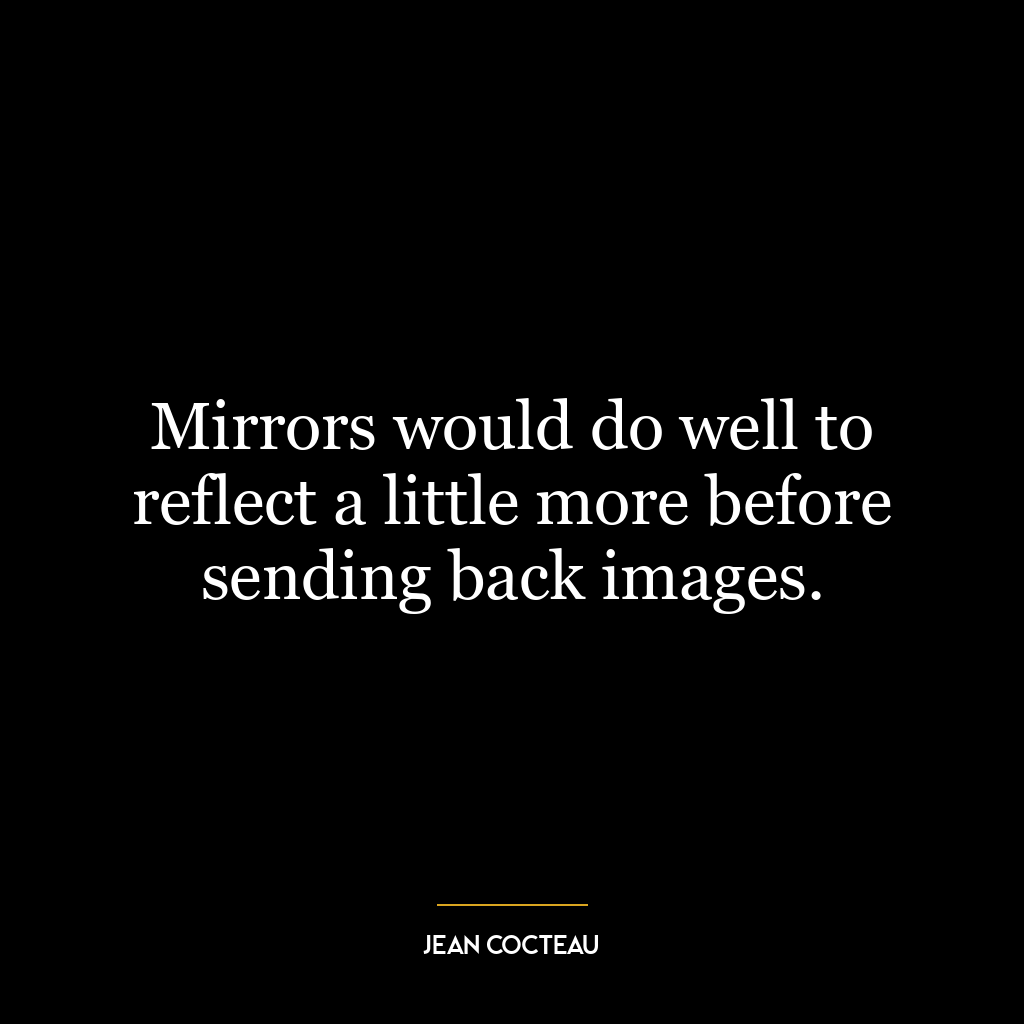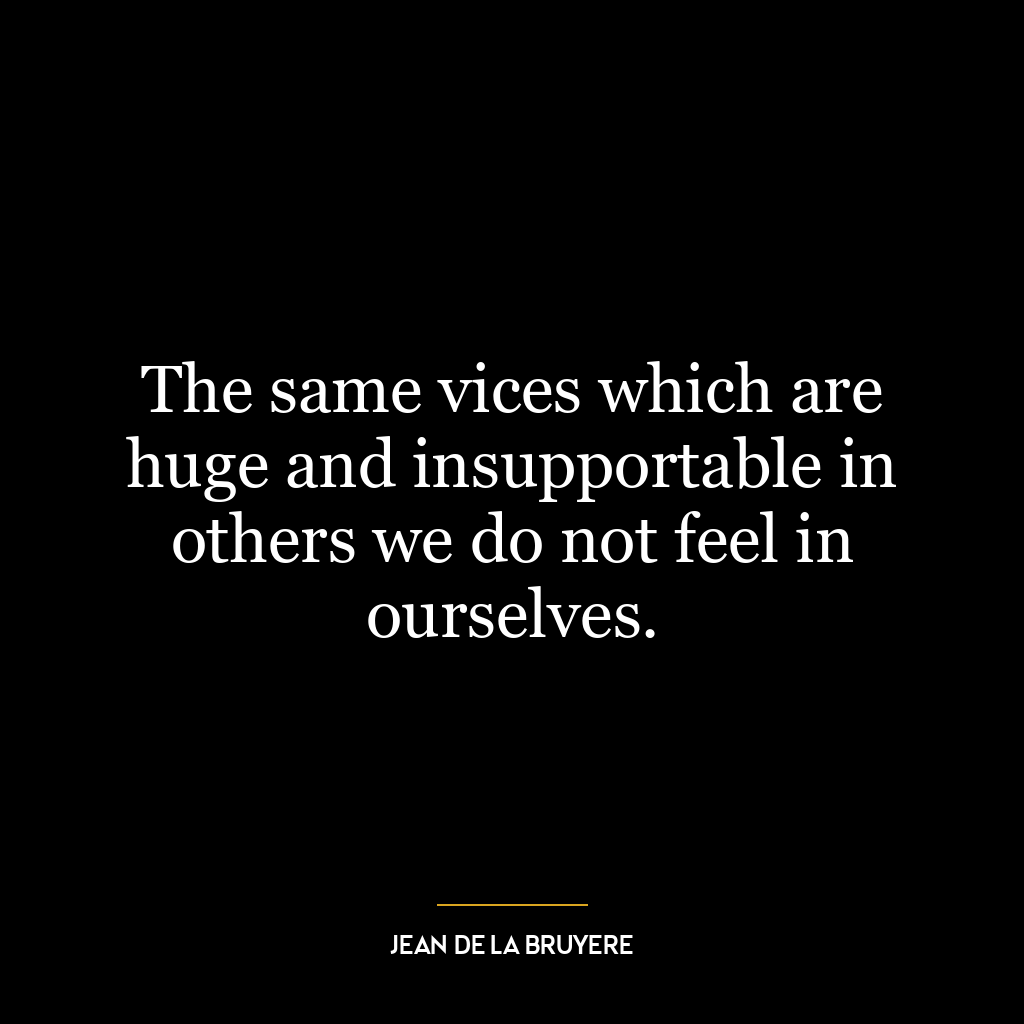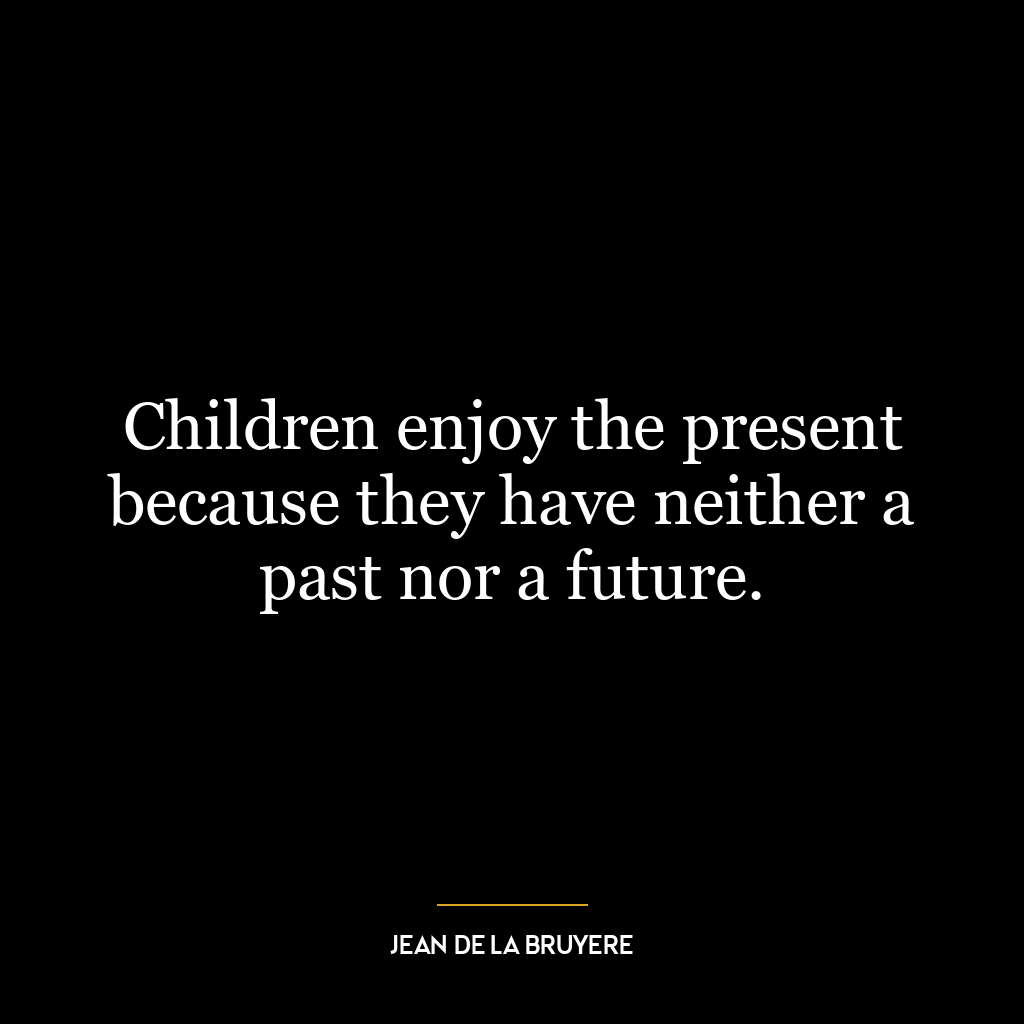This quote suggests that children possess an innate honesty and authenticity that adults often lack. Children, in their innocence, see the world as it is, without the need to distort or manipulate reality. They have not yet learned to deceive themselves or others, to create illusions or pretenses. They live in the present, experiencing emotions and situations as they come, without the need for subterfuge or self-deception.
On the other hand, adults often deceive themselves as a way to cope with the complexities and challenges of life. This could be out of fear, denial, or the desire to maintain a certain image or status. Adults often construct narratives that suit their needs or desires, rather than facing reality as it is.
Applying this idea to today’s world, one could argue that society often encourages self-deception. Social media, for instance, promotes presenting an idealized version of our lives, leading to a disconnect between our online personas and our real selves. This can result in feelings of inadequacy and unhappiness.
In terms of personal development, this quote can serve as a reminder of the importance of self-honesty. It encourages us to strive for the authenticity that children naturally possess, to face reality as it is, and to be truthful with ourselves and others. This can lead to a more fulfilling and meaningful life.
However, it’s also important to acknowledge that some level of self-deception can be protective and adaptive. It can help people cope with life’s hardships and maintain hope in the face of adversity. The key is to find a balance, to be honest with oneself without losing the capacity for hope and optimism.




